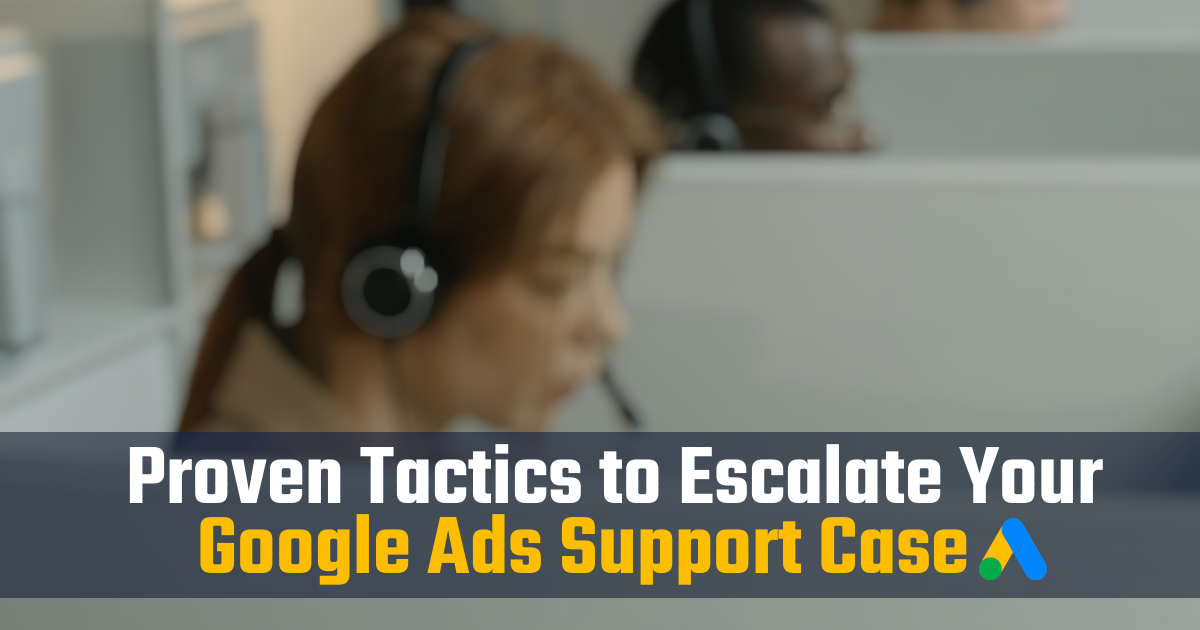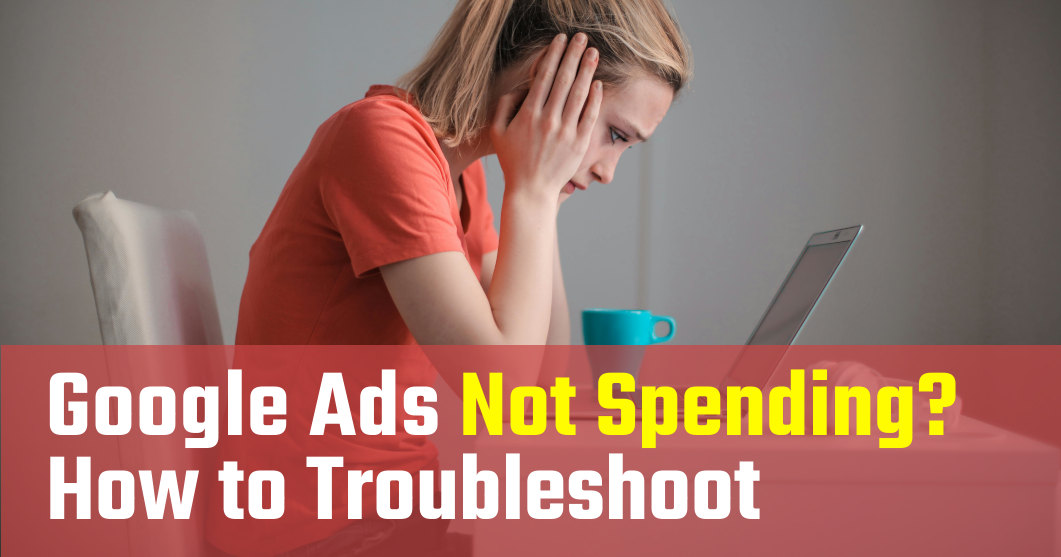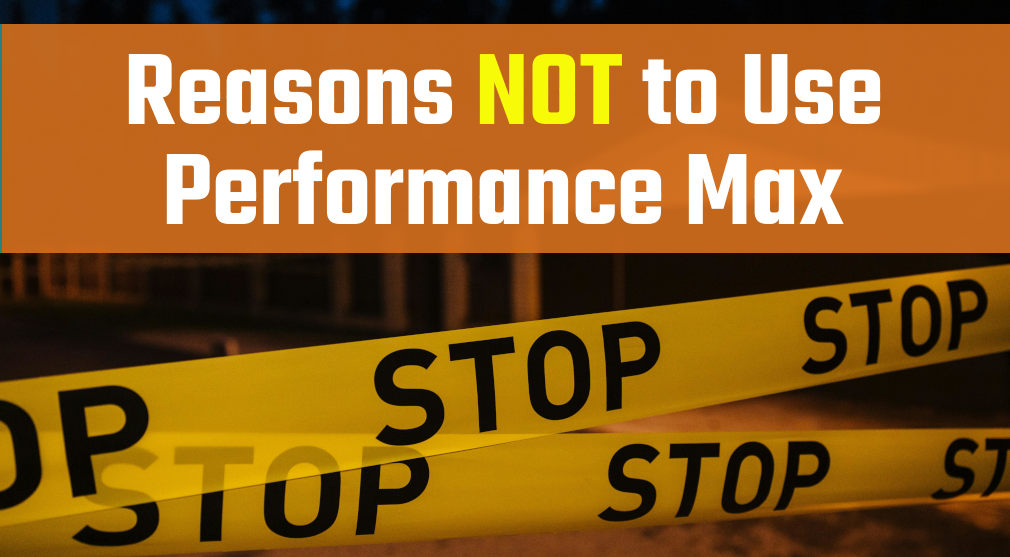Selecting a campaign type in Google Ads should be based on the specific goals of the advertiser. However, a search campaign is usually the best type of campaign for most small businesses, because of its targeting power, customization options and high ROI potential.
There are some exceptions, of course.
In this post, we discuss why we recommend search campaigns for small businesses (especially those with a small budget for Google Ads) and when to consider other campaign types.
What are the types of Google Ads campaigns?
The campaign types available in Google Ads are Search, Display, Performance Max, Smart, Shopping, Video, App and Demand Gen.
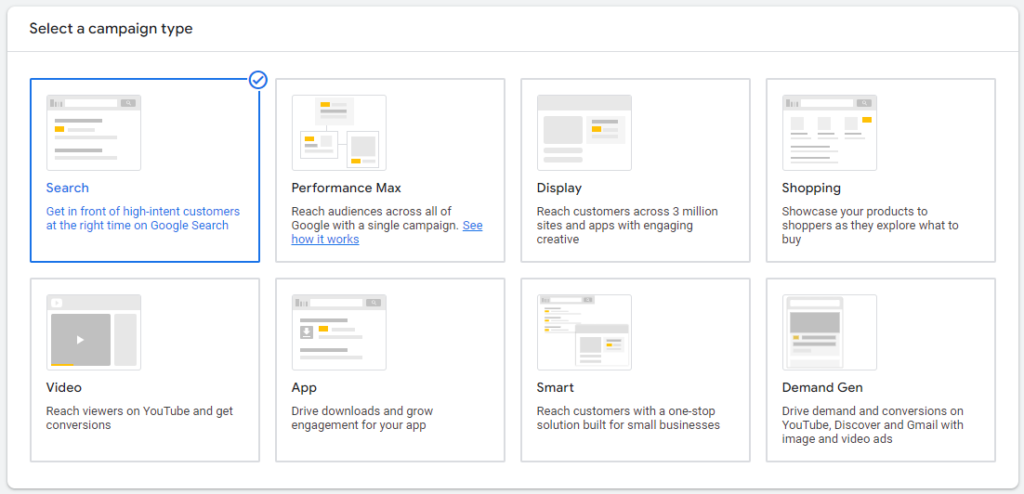
Each campaign has different goals and advertising formats, so it’s important to choose your campaign carefully.
Google has a good article on how to choose the right campaign type, but the basic differences between these campaigns are as follows:
- Search: Displays text ads in Google’s search engine results pages to target people who are actively searching for what your business offers.
- Display: Uses visual display ads to target relevant users across a network of 3 million websites.
- Performance Max: Combines Search, Display and other ad formats into a single campaign that is optimized by Google’s machine-learning AI.
- Smart: Allows businesses to quickly run Search and Display ads with minimal input and largely controlled by Google’s machine learning.
- Shopping: Works like Search Ads but advertises specific products for sale by retail advertisers.
- Video: Runs video ads on YouTube to relevant audiences.
- App: Promotes mobile apps across Google to generate downloads and engagement.
- Demand Gen: Uses visually engaging ads, including video, to reach target audiences mostly through YouTube, Gmail and Google Discover.
Each campaign type has a specific purpose. So I encourage you to take a closer look at each one, because in order to understand why we love Search campaigns, it helps to familiarize yourself with all the campaign types.
That being said, the core reasons we recommend Search campaigns are actually pretty simple …
Why Search campaigns are the best

The greatest advantage of a search campaign is that it allows you to reach the people who are searching for what you offer, right at that moment.
No other campaign type in Google Ads is as good as capturing the “intent” of your audience. By targeting specific keyword phrases related to your services or products, you can ensure that your ads only show up when people are actively entering those words in a Google search.
For small businesses with limited budgets, this is especially important because it means fewer wasted clicks. People who are actively searching for what you offer are more likely to take the next step after clicking your ad. That could be a phone call, a newsletter signup, a form submission, a purchase – whichever type of conversions matter for your business. And, since you only pay for clicks, this maximizes your budget, ensuring that you get the highest-quality clicks for your money.
In contrast, other types of campaigns, such as display ads, aren’t necessarily triggered by the users’ search. They can appear almost anywhere on the Internet. People will still click on your ad, but they may not have any interest in your business. Those are wasted clicks that would have been better spent on search ads.
Key takeaways:
- Search campaigns generate better conversion rates than other Google ads campaign types.
- This maximizes your budget by reducing unwanted clicks and generating more response for your ad spend.
Types of businesses that benefit most from Search campaigns
Which type of Google Ads campaign is best for a small business? 🤔 #ppcchat #googleads #ppc
— Michael Marlin Jr. 🤓 (@mikemarlinjr) April 2, 2024
Virtually any type of small business can benefit from using a Search campaign in Google Ads. But in my experience, search campaigns work best for service-based businesses. These types of businesses generally earn a greater return on their investment when their services are priced appropriately. For these businesses, it usually only takes one sale to generate a return that far outweighs the cost of their ads.
Here are a few other examples:
- Limousine & car service companies
- General contractors, construction & home improvement companies
- Medical practitioners & healthcare facilities
- Pool & spa installers, cleaners and repairs
- Towing companies
- Consulting and coaching businesses
- Lawn care and landscaping companies
- Junk removal companies
- Lawyers and legal services
Again, these are just a few of many examples.
Typically, the businesses that generate the best response rates from Search campaigns are those with services that people need right at the moment they search. Car services, taxis and towing companies are prime examples. These businesses have short sales cycles because people typically need the service immediately or in the near future. This translates into higher conversion rates and ROI. (I see these results first-hand, managing Google ads for limo & car service companies around the U.S.)
When should you consider other campaign types?
I have been using Google Ads since 2006, back when it was called Adwords. So I’m familiar with the advantages of Google’s other campaign types, which have continued to evolve and improve over the years (particularly with machine learning, which has gotten better at gauging users’ intent based on their behavior and other signals, outside of search).
So while I consider Search campaigns to be the best campaign for most small businesses, I completely understand there are some exceptions.
Here are some examples of when to consider other campaign types:
- You’ve maxed out your Search budget. I tell my clients to put every ad dollar into Search until there is no longer enough search volume to fulfill the budget. Capture every relevant search first. If you’ve maxed out the available search volume, then it’s time to consider other campaign types.
- There’s not much search volume for what you offer. If you offer a product or service that people aren’t actively searching for, then that’s an ideal time to try a Display campaign or other campaign types. This will allow you to get your business in front of people who may be interested in your business, even if they aren’t actively searching for it. A new restaurant, for example, may want to use Display to let people know they’re new in town.
- You’re focused on branding. Some businesses simply want to get in front of their target audience for name recognition and other brand development goals. Search is still a good option for these businesses, but you can reach larger audiences with Display, Performance Max (PMax), Demand Gen and other campaign types. Just remember: branding campaigns are not necessarily about generating direct ROI. It’s more of a long-term strategy to build brand awareness and/or reputation.
- You’re an e-commerce website. If you sell products online, definitely experiment with a Shopping campaign. This is like a Search campaign except your ad is a product ad. When people search for “blue men’s Adidas sneakers,” your relevant products can show up. However, Shopping campaigns can be expensive and difficult to generate a solid ROI for small-ticket items or when product’s profit margins are small.
- Your click costs are too expensive. For some types of businesses, the cost per click (CPC) is extremely high. Plumbers, for example, tend to pay anywhere from $15 to $30 per click in many U.S. markets. On one hand, this is a sign that Google Ads works for these businesses. Plumbers bid competitively on their most valuable keywords because they’re confident they can get a good return. On the other hand, if ad bids are too competitive, some small businesses may want to experiment with other types of campaigns to do a cost comparison.
- You’re targeting specific audiences. Remarketing, In-Market, Affinity, Similar Audiences – these are all examples of audience targeting that Google offers in other campaign types, such as Display. Some businesses will have a lot of success by precisely targeting their ideal audience with these tools. But generally speaking, I still recommend Search campaigns first to capture shoppers who actively searching for what you offer. Then, you can follow those users across the web with remarketing ads to bring them back to your site or reach similar audiences as those who have already purchased from you. It really depends on your typical sales cycle and marketing goals.
Wait, what about Performance Max?

PPC folks will be writing me furiously about this post, so let me preemptively address some questions.
Yes, Performance Max is all the rage these days, mostly because Google and big digital agencies are pushing it aggressively.
As Google search evolves (and transitions to the AI-powered Search Generative Experience [a.k.a. Google SGE]), the search results of tomorrow may look completely different. Google wants advertisers to begin experimenting with spending their ad dollars on other formats, in case their revenue from traditional Search campaigns begins to wane.
My newer clients say they hear about PMax constantly, so they want to know if it’s right for them.
I wrote an in-depth blog post on Performance Max vs. Search Campaigns – but the key takeaway is this: Search is still better than Performance Max unless you’ve maxed out your search volume.
Larger advertisers (those spending tens to hundreds of thousands of dollars on Google Ads each month) push Performance Max because there’s virtually no limit to the audiences you can reach. You can spend virtually unlimited amounts of money on a PMax campaign, because your ads can run all over the Internet.
But for most small businesses with limited budgets, Search ads are the best way to go.
Huh? How about Smart campaigns?
I get it. Smart campaigns sound like a smart idea. They’re easy to set up. And Google does the rest for you, using machine learning to determine when and where to show your ads. Google describes Smart campaigns as “a one-stop solution built for small businesses.”
But in my experience, these campaigns are not as intelligent as they should be.
For starters, Smart campaigns use both Search and Display ads. And by now, we’ve established why Display is not usually cost-efficient for businesses with limited budgets.
But also, Smart campaigns are extremely limited in terms of targeting control. Search campaigns offer far more customization and the ability to maintain a very specific focus on user intent, which delivers better response rates.
But, what about Google’s awesome targeting options for Display?
Totally. Google is better than ever at deciphering the intent behind online users based on endless signals beyond Search queries. Their aim to is put your Display ads in front of the right people, at the right time, in the right places. And, I completely agree that these campaigns can be incredibly effective when leveraging all the targeting capabilities that Google gives you.
But still, my answer does not change.
Search campaigns are still better for most small businesses, because users are actively searching for what those businesses offer. This translates into better conversion rates and a well-spent ad budget.
Thoughts? Disagreements? Want some help?
Let’s chat! With nearly two decades of experience using Google Ads, I specialize in helping businesses maximize the results of their Search campaigns. Request pricing to learn more, or email Mike Marlin directly at mike@marlinsem.com.
Frequently Asked Questions about Google Ads Campaign Types
1. Which campaign is best in Google Ads?
Search campaigns are typically the best campaign type in Google Ads for conversion rates and return on investment. However, the “best” campaign is different for each advertiser, as it depends on their unique goals.
2) What types of ads are most effective?
In Google Ads, Search ads are typically the most effective at generating response from people who are actively searching for what you offer. This tends to be more cost-effective than other ad types that are less targeted and can appear on other irrelevant websites.
3) What is a smart campaign in Google Ads?
In Google Ads, a smart campaign is the simplest and fastest way to start advertising on Google and across the Internet. However, smart campaigns offer limited control and typically are not as cost-efficient or profitable as a highly customized Search campaign.
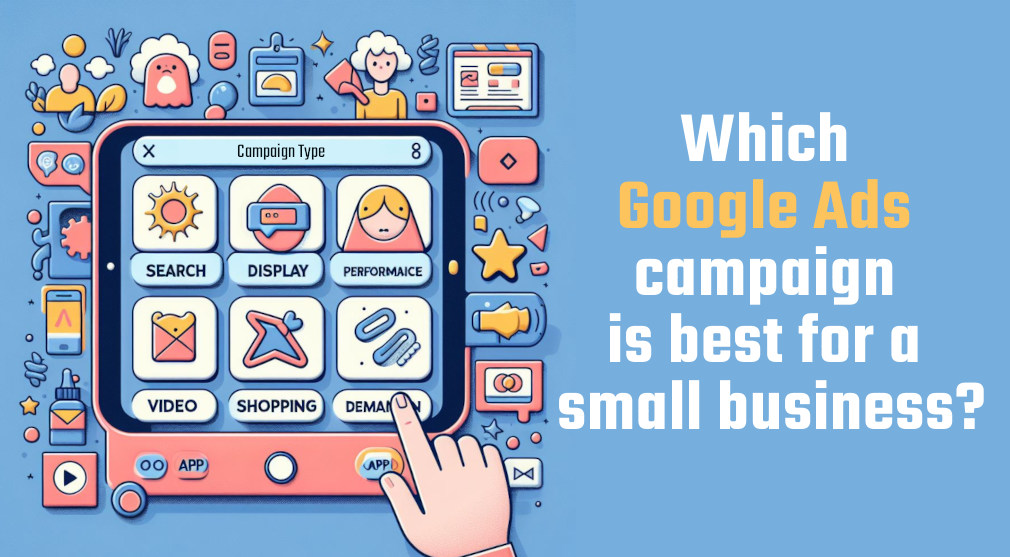
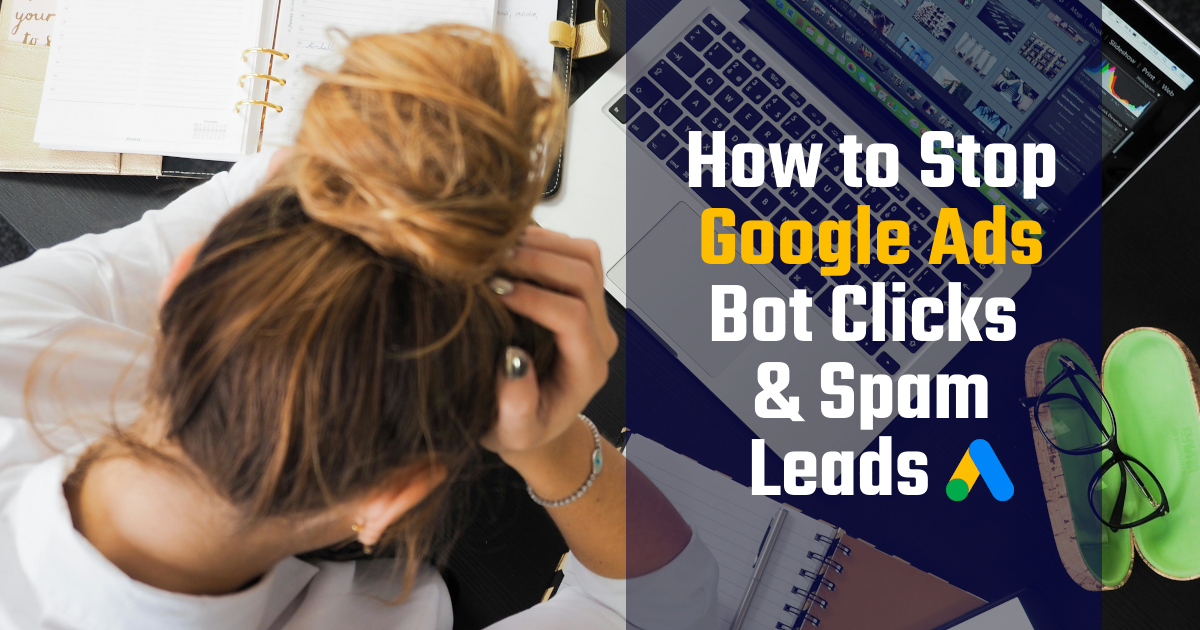
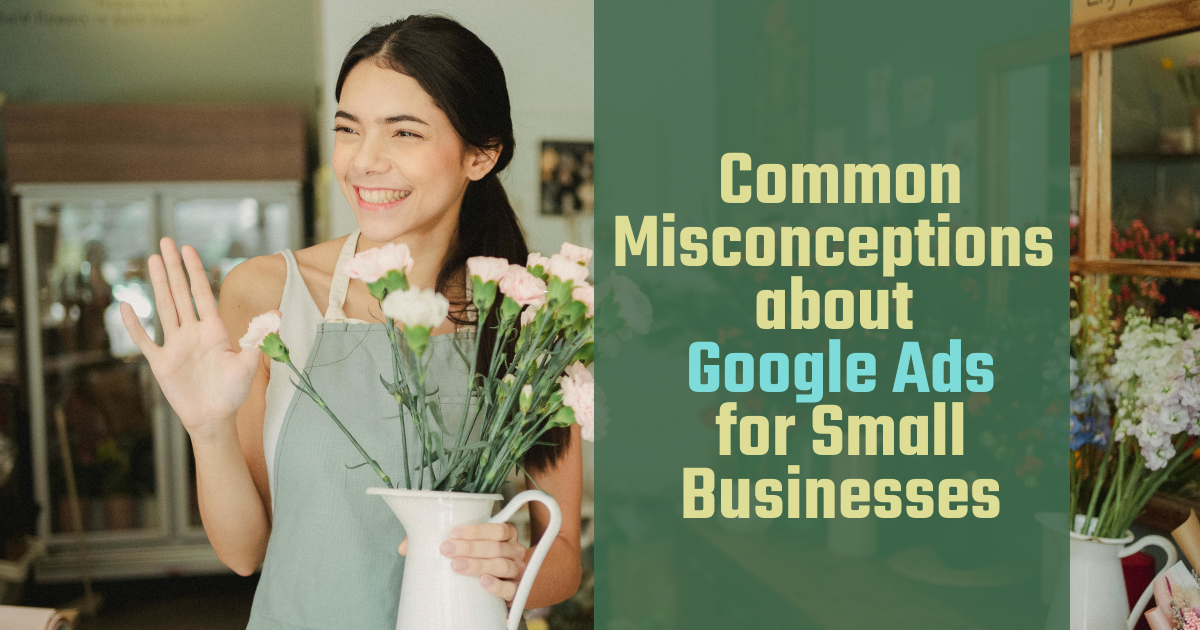
![How to Use Google Ads for Limo Services [Updated 2025]](https://marlinsem.com/wp-content/uploads/2024/01/limo-company-advertising-google-ads-2025.png)
